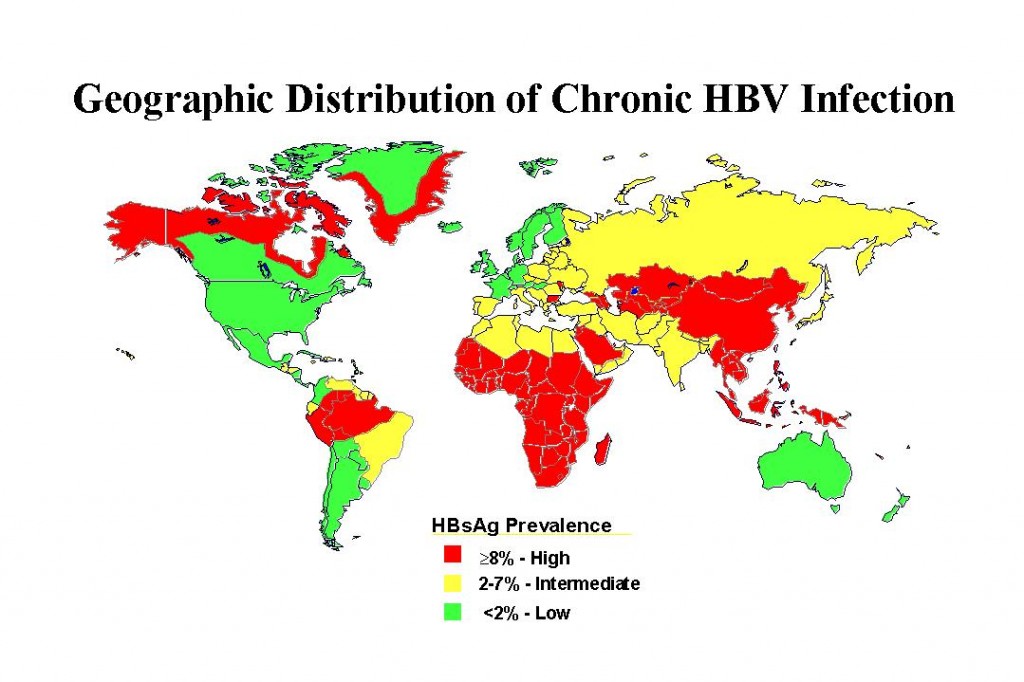HBV is primarily an infection of the liver but the damage to the liver can cause impact to other organs. HBV is spread in much the same ways as HIV. Unlike HIV, it can be prevented with a series of three vaccinations which are recommended during childhood, but a person was not vaccinated as a child, and they have remained uninfected, they can opt to be immunized at any age, provided they are healthy enough. Since the vaccine has absolutely no ability to cause infection, most anyone should be medically able to be vaccinated against HBV. If someone does acquire HBV, they will most likely be ill, sometimes ill enough to require hospitalization, for up to six months. Most people will recover from HBV infection on their own, but a small number of cases will become chronic, meaning the infection never leaves the body, and the liver continues to sustain damage over time, sometimes resulting in a liver transplant being the only option for maintaining life.
While it is not often realized, the chances of contracting HBV from an infected person are much greater than those of contracting HIV from a person infected with that virus (there is zero chance of acquiring any infection from a person who doesn’t themselves have the infection). In fact, HBV is believed to be about 100 times more infectious than HIV. HBV is more resistant on environmental surfaces, surviving for up to seven days, and is generally a hardier virus than HIV. Unlike HIV, the environmental transmission of HBV has occurred, especially in healthcare settings, although it is also possible in household settings due to the extreme hardiness of the virus. Comprehensive information about HBV is available from the CDC as well. As is true with HIV, but even more importantly so because environmental transmission has been known to occur, that the disinfectant and cleaner that used to clean potentially infected blood or body fluid contamination be exhaustively tested, certified, and Environmental Protection Agency (EPA) registered as effective against HBV.
Hepatitis C Virus
Hepatitis C (HCV) has gained a great deal of media attention in recent years as more has been learned about this infection and especially because some well-known entertainment personalities have disclosed that they are infected. Regardless of the reasons, it is a good thing that more people are aware of HCV because it is not rare in the United States since about 1.5% of the entire United States population is infected with HCV. 


